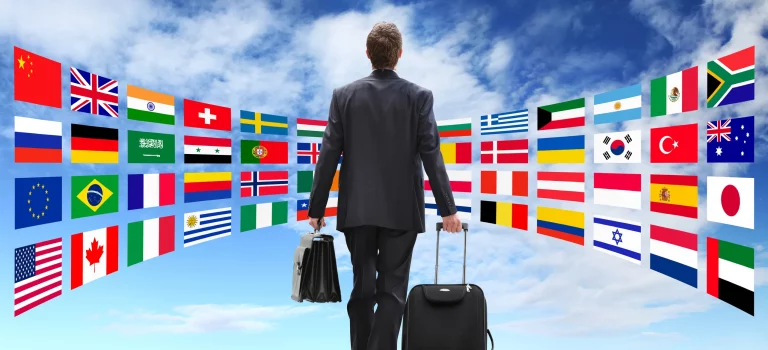Translation with https://lingvanex.com/translation/english-to-tagalog plays a vital role in the global tourism industry. It enables cross-cultural communication, enhances the tourist experience, and helps the industry reach a broader audience. From translating travel brochures and websites to interpretive services at tourist sites, translation services are integral to the thriving tourism sector.
The Role of Translation in Tourism
Enhancing Communication: Translation helps overcome language barriers, allowing tourists to understand and interact with their surroundings. This enhances their overall travel experience.
Facilitating Cultural Exchange: Translated materials allow tourists to appreciate the history, traditions, and culture of the places they visit, facilitating a rich exchange of cultures.
Broadening the Audience: By translating promotional materials into multiple languages, tourism businesses can reach a larger, more diverse audience, boosting tourism inflow.
Aiding Navigation: Translated signs, maps, and guides help tourists navigate unfamiliar environments and engage in local activities.
Challenges in Translation for Tourism
Cultural Differences: Translators must be sensitive to cultural differences and consider local customs, beliefs, and traditions when translating tourism-related content. Literal translation might not always work, and some content may need to be culturally adapted.
Use of Idioms and Metaphors: Travel literature often uses idiomatic expressions and metaphors to describe places and experiences. These can be challenging to translate as they may not have direct equivalents in the target language.
Maintaining the Appeal: Translators with https://lingvanex.com/translation/english-to-korean need to ensure that the translated content maintains the original’s appeal, inspiring the same sense of adventure and interest among potential tourists.
Prospects for Translation in Tourism
Growth of the Tourism Industry: As the global tourism industry continues to grow, so will the demand for skilled translators, presenting promising career opportunities in this niche field.
Technological Advancements: Advances in technology, like AI-powered translation tools and multilingual chatbots, are set to revolutionize translation in the tourism industry, making information more accessible to tourists.
Rise in Cultural Tourism: As cultural tourism gains popularity, the need for translators who can accurately translate cultural nuances and historical contexts will increase.
Translation in the tourism industry is not merely a linguistic exercise but a cultural one. It fosters cross-cultural understanding, enriches the tourist experience, and contributes to the growth of global tourism. Despite the challenges, its role and relevance are set to expand, driven by the evolving demands of the tourism landscape and advancements in technology.

